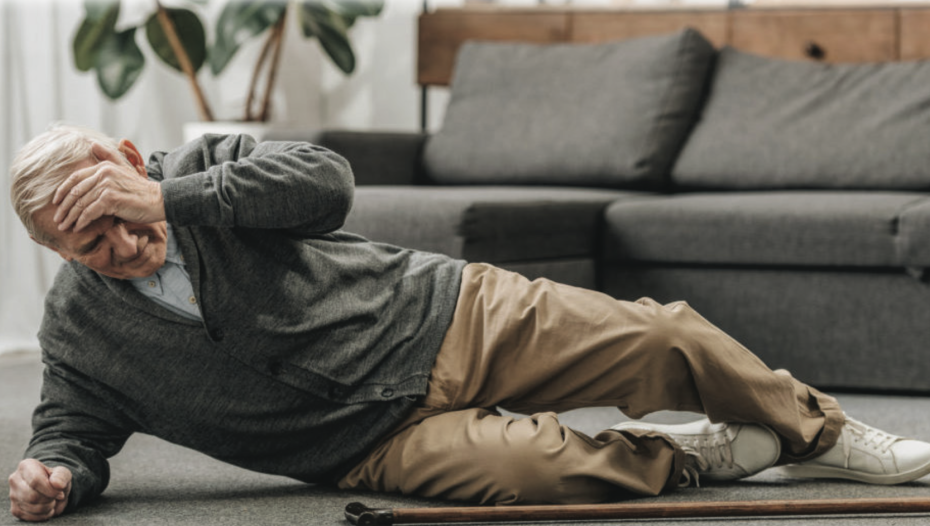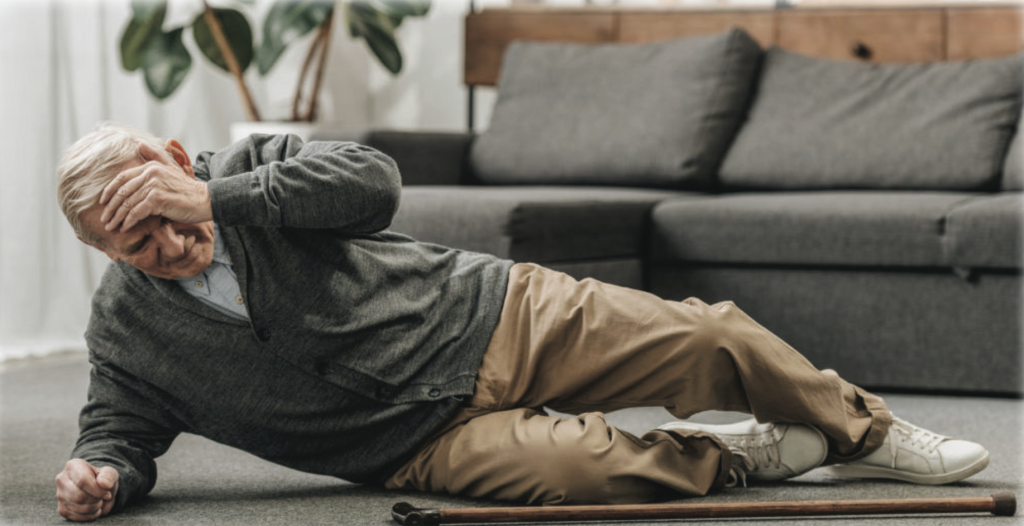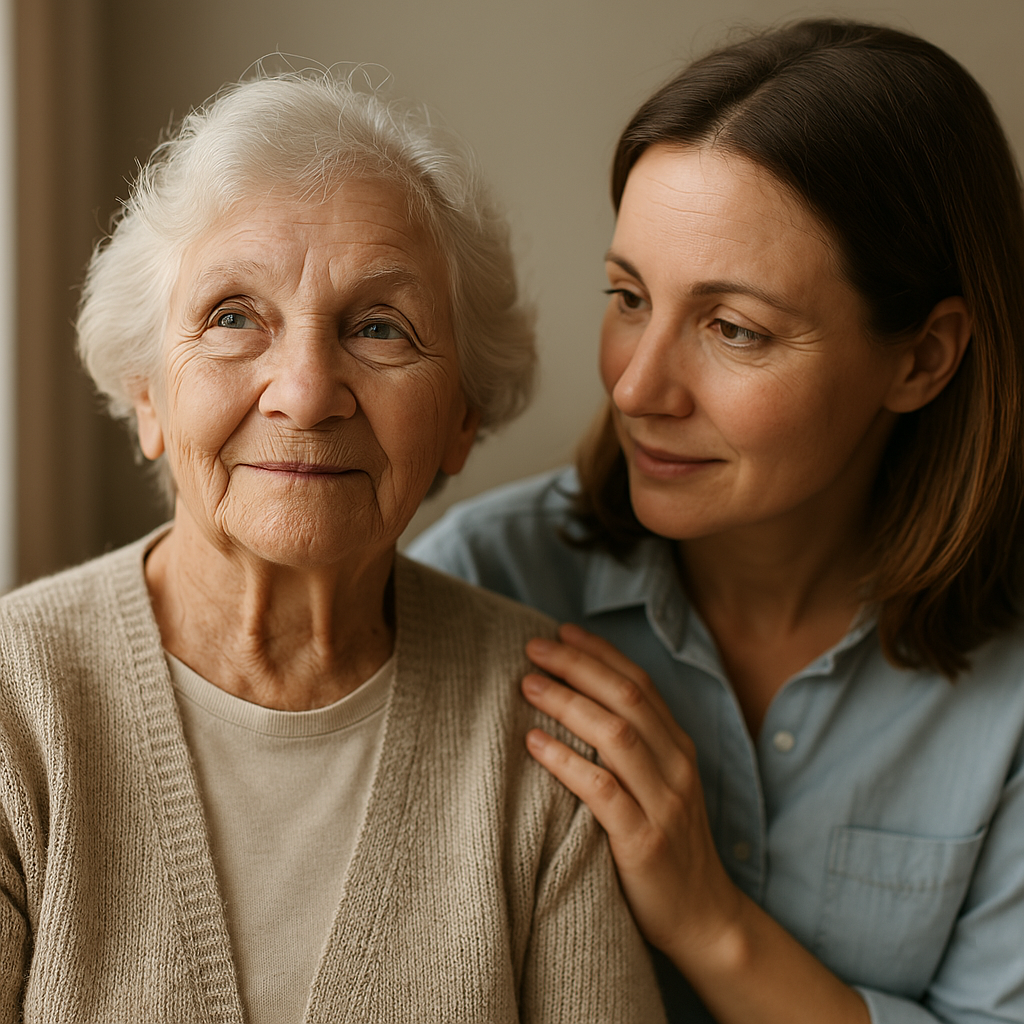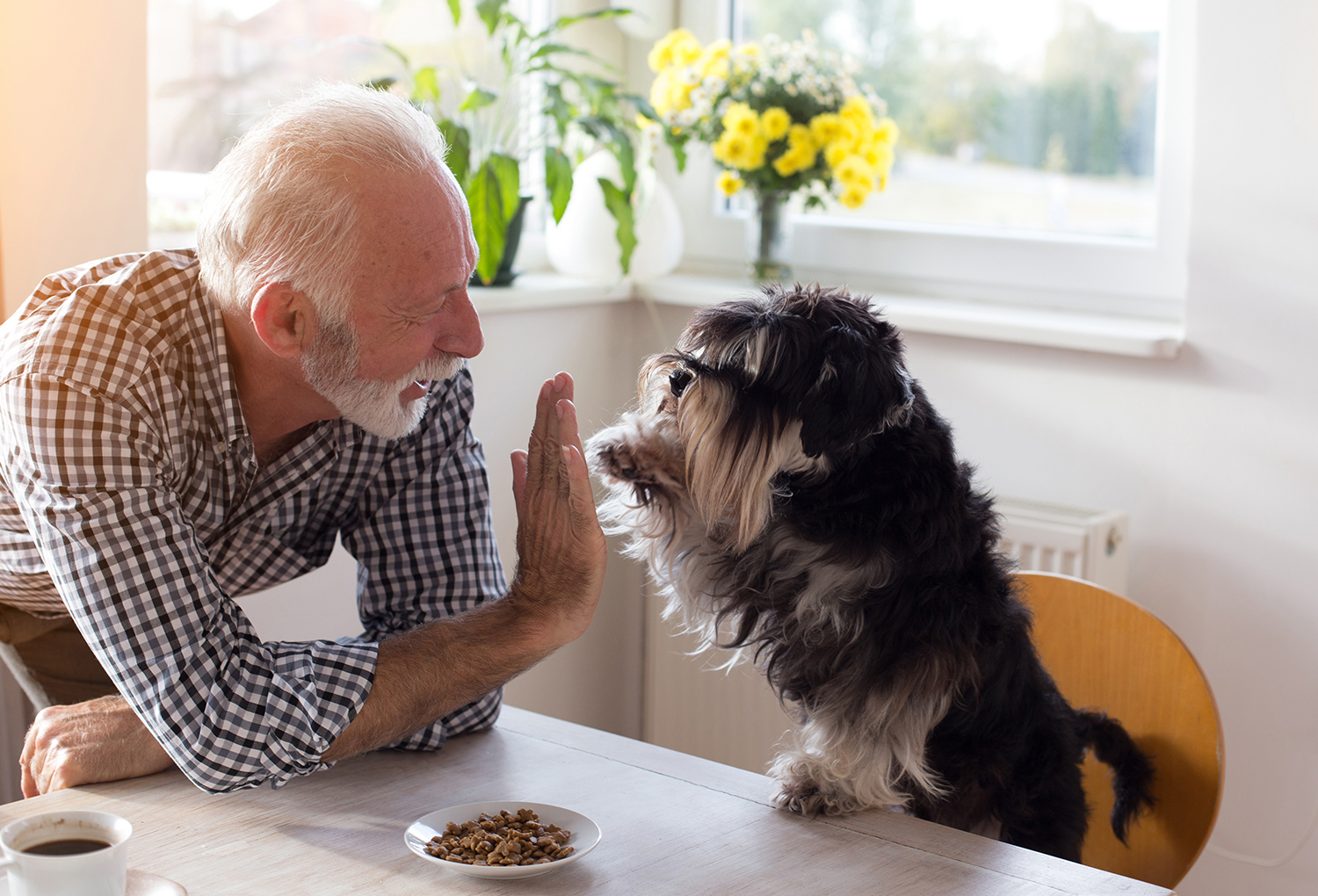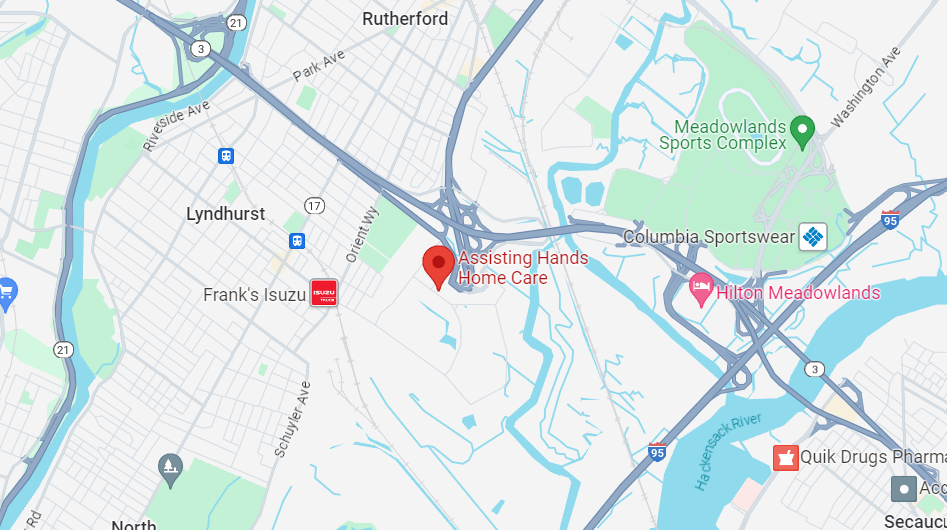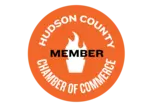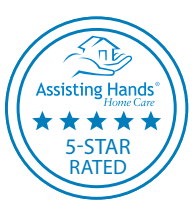Falls in the elderly population are a significant concern, often leading to severe consequences both physically and mentally. It is imperative to comprehend the causes, consequences, and preventive measures associated with falls in older adults to ensure their well-being and quality of life. As people age, the risk of falls increases due to various factors such as muscle weakness, balance problems, and medical conditions. Falls not only result in physical injuries but also impact the individual’s confidence and independence. Addressing this issue is vital to maintaining the health and vitality of the elderly population.
Common Causes of Falls
Muscle Weakness and Balance Problems: One of the primary causes of falls in the elderly is muscle weakness and balance problems. With aging, muscles tend to weaken, affecting stability and coordination.
Medications and Side Effects: Certain medications prescribed to older adults can cause dizziness, lightheadedness, or blurred vision, increasing the risk of falls. It is crucial to be aware of the side effects and consult healthcare providers if any concerns arise.
Environmental Factors: Environmental factors like uneven flooring, poor lighting, or obstacles in the living space contribute significantly to falls. Modifying the home environment can significantly reduce the risk.
Consequences of Falls
Falls can lead to various consequences, including physical injuries such as fractures, sprains, or head trauma. Additionally, the psychological impact of falls, such as fear of falling again, can result in decreased mobility and social isolation. Moreover, falls impose a substantial economic burden due to increased healthcare costs.
Preventive Measures
Regular Exercise and Strength Training: Engaging in regular exercise programs that focus on strength and balance can enhance muscle tone and stability, reducing the risk of falls.
Medication Management: Healthcare providers should regularly review medications, adjusting dosages or changing prescriptions if necessary to minimize side effects that might lead to falls.
Home Safety Modifications: Simple modifications at home, such as installing handrails, improving lighting, and removing tripping hazards, can create a safer living environment for the elderly.
Signs and Symptoms of Fall Risk: Recognizing the signs indicating a higher risk of falls is crucial. These signs include dizziness, difficulty walking, and a history of previous falls. Identifying these symptoms early enables timely intervention.
Role of Caregivers and Family
Supervision and Support: Caregivers and family members play a vital role in supervising the elderly, especially those at a higher risk of falls. Offering physical assistance and emotional support can boost their confidence.
Creating a Safe Living Environment: Ensuring that the living space is well-maintained, clutter-free, and equipped with necessary safety features can prevent accidental falls.
Communication with Healthcare Providers: Open communication with healthcare providers is essential. Regular check-ups allow for the monitoring of the elderly’s health and the adjustment of medications if needed.
Community Resources and Support
Several community resources and support services are available to assist in fall prevention. Fall prevention programs offer educational sessions and exercises tailored for the elderly. Support groups offer a valuable platform for individuals to openly share their unique experiences and gain insights from others, fostering a sense of community and understanding. Additionally, attending educational workshops can enhance awareness about fall prevention strategies.
Assisted Living Facilities: For those requiring more comprehensive care, assisted living facilities can provide a safe environment with trained staff to assist with daily activities.
Medical Alert Systems: Wearable medical alert devices enable seniors to call for help in case of a fall or emergency, ensuring timely assistance.
Home Care Services: Home Care agencies can provide specialized care tailored to the elderly, from mobility assistance to medication reminders to supporting with activities of daily living(ADL). The Assisting Hands Home Care team stands ready to guide you. Assisting Hands professional caregivers are the foundation of our in-home care services. At Assisting Hands, our trained caregivers prioritize your safety, comfort, and swift recovery. Let Assisting Hands be your partner in the journey back to full health.
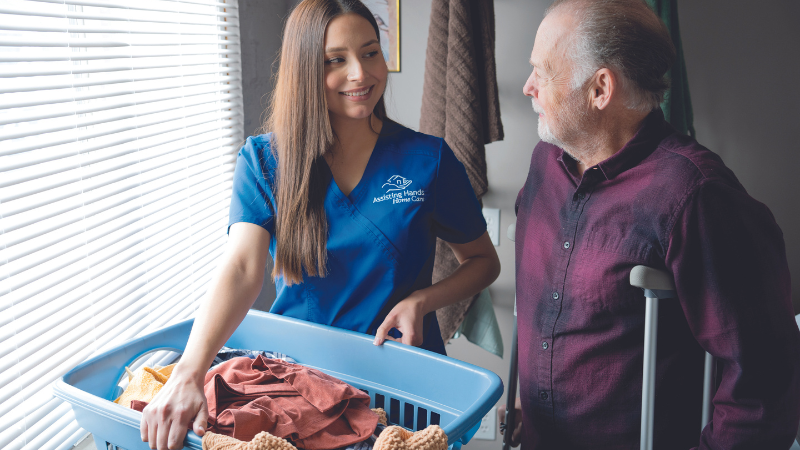
Medical Interventions
Physical Therapy: Physical therapy tailored to improve balance and strength is beneficial for individuals recovering from falls and those at risk. Therapists design customized exercise routines to enhance mobility and reduce fall risk.
Vision Correction: Regular eye check-ups are essential. Corrective lenses or treatments for eye conditions can significantly improve vision, reducing the risk of falls related to visual impairment.
Orthopedic Consultations: In cases where falls result in fractures or musculoskeletal injuries, consulting orthopedic specialists ensures appropriate treatment and rehabilitation, enabling a smoother recovery process.
Promoting Independence After a Fall
Rehabilitation Services: Rehabilitation services, including physical and occupational therapy, aid in restoring mobility and independence after a fall. These services focus on regaining strength and relearning daily activities.
Assistive Devices: Assistive devices such as walkers, canes, or grab bars provide support and stability, allowing the elderly to move around safely and independently.
Emotional Support: Emotional support from family, friends, and mental health professionals is vital during the recovery phase. Emotional well-being positively influences physical recovery and encourages the elderly to regain confidence.
Fall Prevention by Assisting Hands Home Care
In conclusion, falls in the elderly are preventable with adequate awareness, education, and intervention. By understanding the causes, recognizing the signs, and implementing preventive measures, the elderly population can lead fulfilling lives without the constant fear of falling. Creating a safe environment, staying physically active, and seeking timely medical advice are key steps toward fall prevention and recovery.
Assisting Hands Home Care offers fall prevention services and senior home care, providing personal assistance with tasks that may pose potential risks and mobility issues. All caregivers at our home care agency are bonded, insured, and licensed to provide non-medical home health care to seniors. Call Assisting Hands Home Care today at (551) 239-8651.
Elderly Fall Prevention FAQs
- Q: Are falls in the elderly preventable? A: Yes, falls in the elderly can be prevented through awareness, home modifications, regular exercise, and medication management.
- Q: How can family members help prevent falls in their elderly loved ones? A: Family members can help by creating a safe home environment, encouraging regular exercise, and ensuring regular medical check-ups.
- Q: What should I do if an elderly person falls? A: If an elderly person falls, assess their condition, call for medical assistance if needed, and provide emotional support during their recovery.
- Q: Are there specific exercises to improve balance and prevent falls? A: Yes, exercises like tai chi, balance training, and strength exercises can improve balance and reduce the risk of falls in the elderly.

